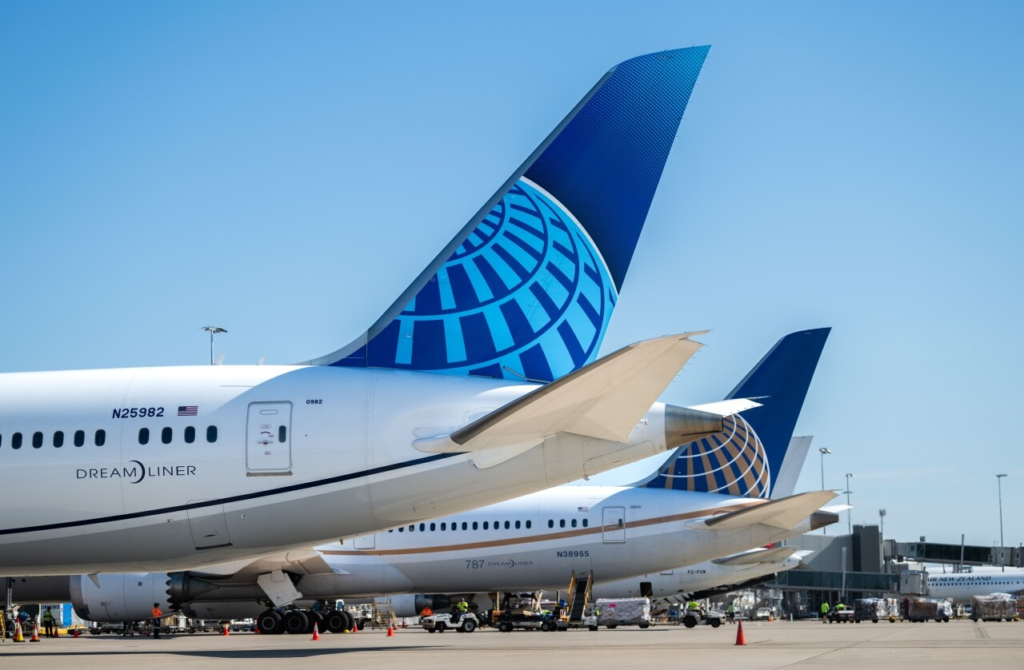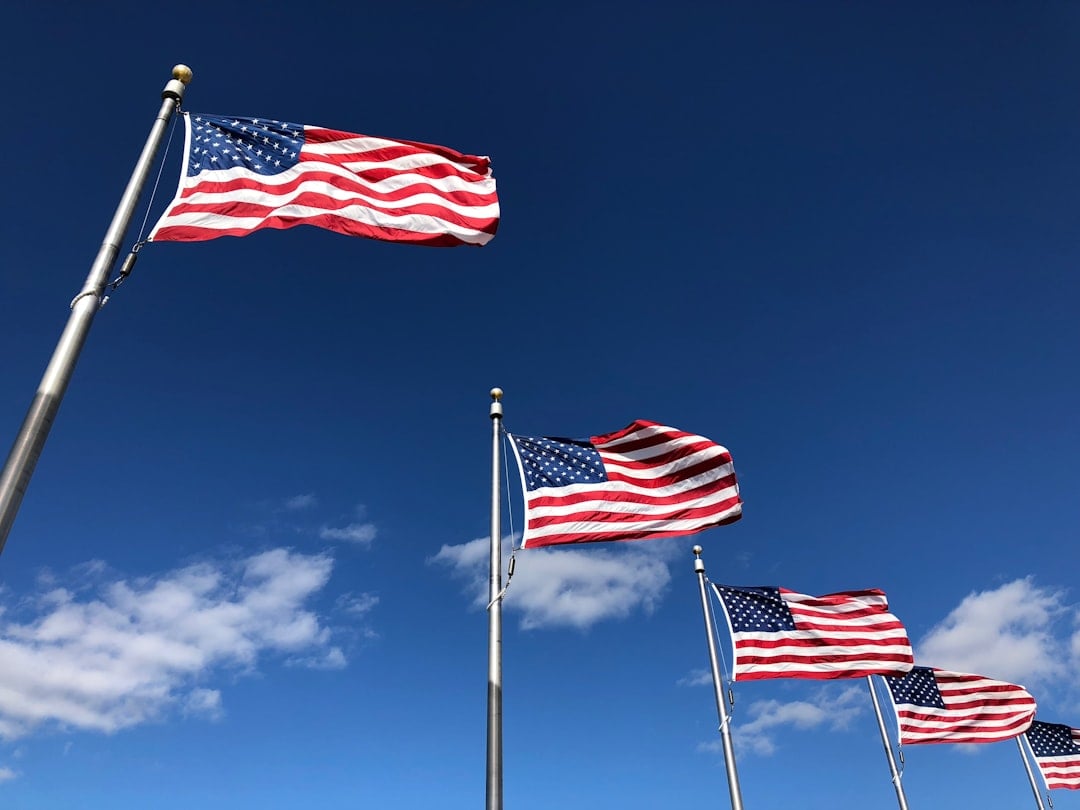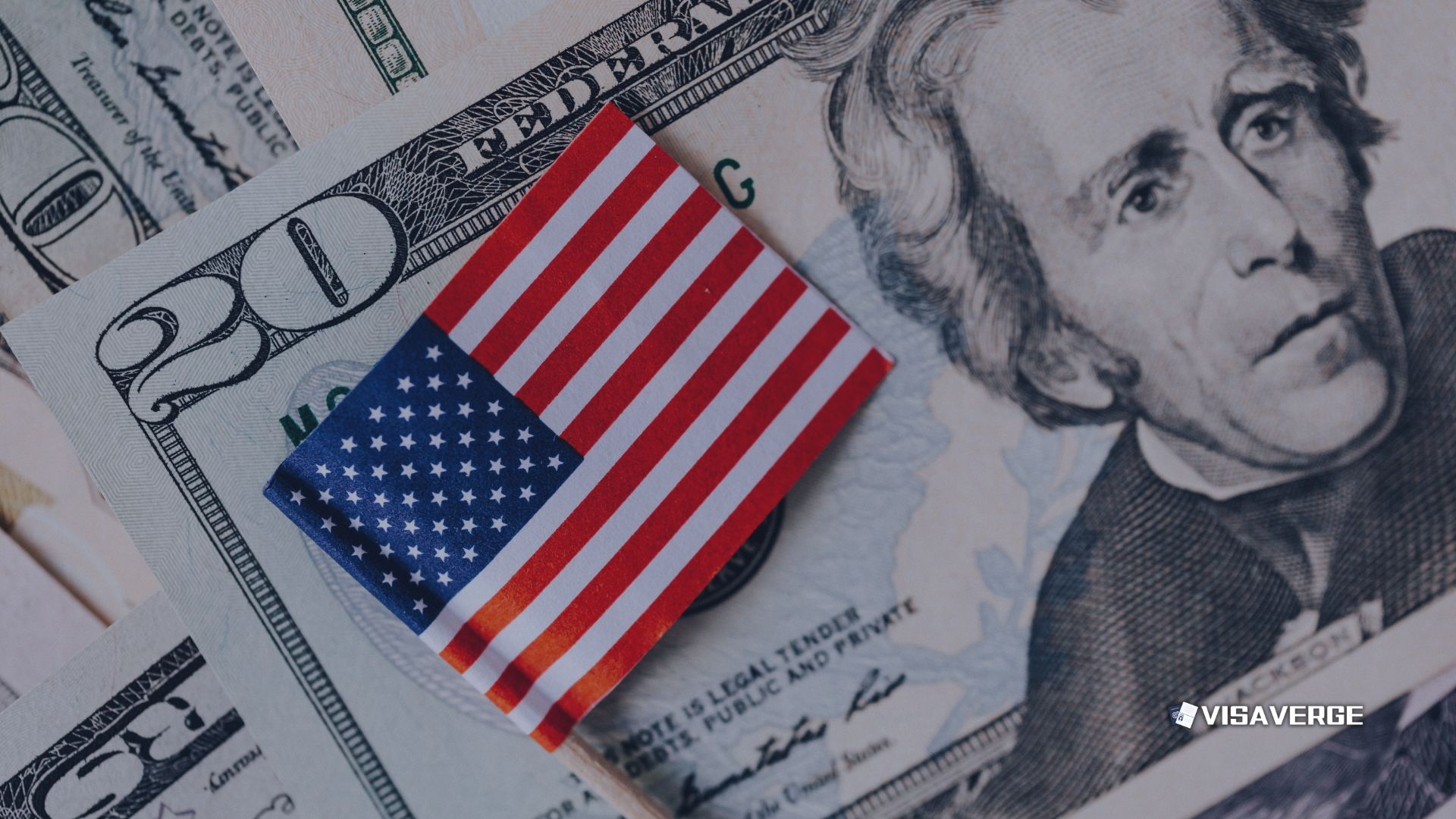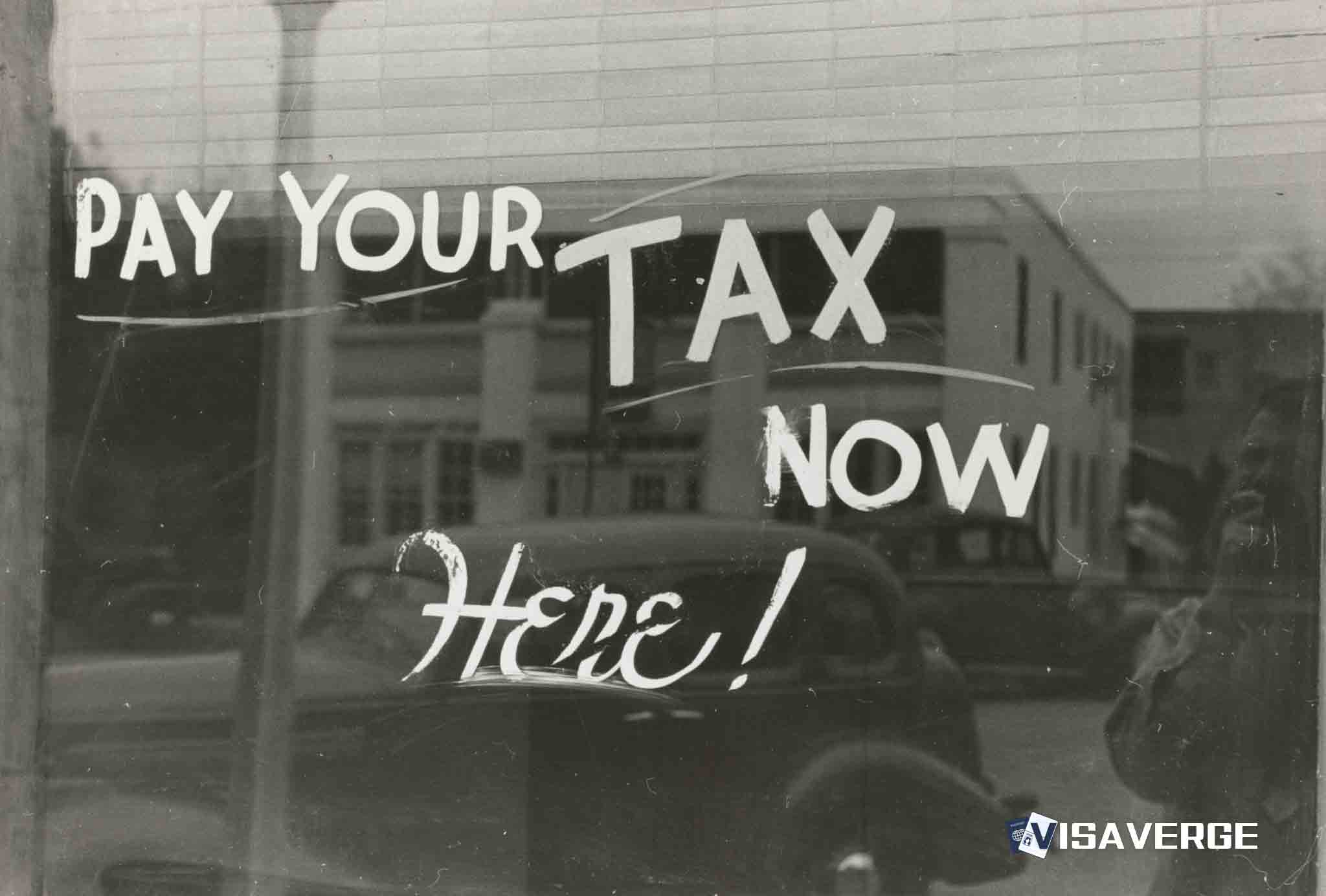United Airlines CEO Scott Kirby has rattled both Wall Street and workers in the aviation and travel sectors by predicting that the U.S. airline market will eventually shrink to just two major full‑service carriers: United and Delta, openly questioning the long‑term strength of American Airlines and tying his warning to what he describes as growing operational strain during the ongoing government shutdown in November 2025.
In public remarks and interviews this month, including a high‑profile Veterans Day message to staff and customers, Kirby argued that only two “premium” U.S. airlines have the size, global reach, and diverse revenue streams to stay strong in the long run. He was explicit that, in his view, those survivors will be United and Delta, and he cast doubt on whether American Airlines can keep up as costs rise and competition for higher‑spending travelers intensifies.

Kirby’s message and its implications
Kirby’s comments go well beyond normal corporate rivalry. By saying the market will eventually support only two big, brand‑loyal, full‑service players, he is suggesting that other large carriers could be pushed into:
- deep restructuring
- forced mergers
- long‑term decline
That message has immediate meaning for millions of people who rely on U.S. airlines for international travel tied to work visas, study abroad, and family immigration, where stable routes and predictable schedules are often as important as ticket prices.
“United is the best airline in the history of aviation.”
— Scott Kirby, during his Veterans Day address
During his Veterans Day address, Kirby blended praise for military service members with a strong sales pitch for his company, calling United “the best airline in the history of aviation.” The statement, made while he was also predicting industry shake‑ups, was widely shared inside the industry and drew fresh attention from unions, investors, and frequent flyers.
According to analysis by VisaVerge.com, the remarks were seen by some as an effort to position United as the most reliable carrier for high‑yield business and international travelers at a time when many immigrants and foreign workers are already worried about travel disruption.
American Airlines’ response
American Airlines quickly pushed back. Its CEO publicly defended the company’s position and rejected Kirby’s suggestion that American is falling behind. While he did not match Kirby’s dramatic language, he disputed the idea that United and Delta are the only “premium” choices and argued that American remains a strong competitor with:
- a large network
- loyal customers
- significant presence on domestic and international routes
The clash has sharpened long‑running tensions between the three giants that dominate much of U.S. domestic and international air travel.
Operational context: government shutdown and schedule cuts
Kirby’s warnings come as the airline system is already under pressure from the federal government shutdown, which has affected some aviation‑related services and raised fears of delays.
- United has announced schedule reductions starting November 7, 2025, while promising to protect its most important routes.
- The company says long‑haul international flights and key hub‑to‑hub connections will remain intact — a pledge that matters greatly for foreign students, temporary workers, and families making complex multi‑leg journeys to and from the United States 🇺🇸.
For people flying on immigrant and nonimmigrant visas, missed connections and canceled flights can carry heavy consequences, especially if they are trying to:
- reach a consular interview
- start a new job
- return to school before a deadline
While Kirby framed the schedule cuts as a necessary response to the shutdown, his assurance that United will shield its global and hub‑to‑hub network is also a signal to high‑value international travelers that they can still rely on those links. By contrast, travelers booked on airlines that trim more aggressively may face extra stress rebooking critical trips, even if their immigration paperwork is in order.
Effects on migrants, students, and visa holders
The broader debate Kirby has triggered also touches on how competition among United and Delta, American Airlines, and other carriers shapes options for people moving across borders.
- When big airlines cut less profitable routes, secondary cities often lose direct international flights.
- That can force newly arrived immigrants, international students, or temporary workers to add extra domestic legs through crowded hubs.
- Consequences include increased time, cost, and the risk of disruption during tight visa windows.
Government agencies advise planning for these risks. For example, U.S. Customs and Border Protection recommends that international visitors build in extra time when planning travel to the United States; full guidance is available on the agency’s official page: https://www.cbp.gov/travel/international-visitors.
Pricing, competition, and route availability
Kirby’s long‑term forecast of consolidation into two dominant full‑service carriers has also raised questions about pricing power:
- Fewer strong competitors could mean higher fares on some long‑haul routes and key domestic corridors.
- For migrants and visiting families who may already be stretching their budgets, even modest price increases or reduced competition on routes serving major immigrant communities could make trips to see relatives harder.
- Advocates note that airline choices are often limited for travelers who must depart from or arrive in specific cities to meet visa rules or consular processing schedules.
At the same time, some industry analysts argue that Kirby is overstating the case and that low‑cost carriers and hybrid models will continue to play an important role, especially on shorter routes and point‑to‑point services. They observe that travelers tied to immigration processes often mix airlines — for example, flying a budget carrier domestically and then connecting to a network airline for the long international leg.
If American Airlines remains strong, analysts say, that mixed‑carrier pattern will continue to give immigrants and visa holders at least three large U.S. brands to choose from for transatlantic and transpacific flights.
Local economies, labor, and morale
American’s rebuttal to Kirby is aimed not only at investors but also at workers and communities that depend on its network.
- Airports that serve as American hubs support local jobs, including many held by immigrants in ground handling, catering, and airport services.
- Any perception that American is on a weaker path than United and Delta could affect labor morale and local planning, even though there is no immediate sign of a structural crisis at the company.
American’s leadership has been keen to reassure staff and customers that the airline is not ceding ground in the premium market.
What to watch next
For now, Kirby’s prediction of a future dominated by United and Delta remains just that — a prediction. But his choice to voice it so strongly, while a government shutdown is already pushing the system toward more cancellations and delays, has given the comments extra weight.
Travelers — including many people with urgent immigration or visa‑related trips — are watching closely to see:
- whether schedule cuts spread beyond United
- whether other airlines respond with their own route changes or public statements
- if consolidation trends start to affect fare levels and route availability
Important takeaway: In an era when immigration policy, border rules, and airline reliability are deeply linked, leadership comments and operational decisions at major carriers can quickly move markets and shape personal plans.
For families hoping to reunite, students preparing to cross oceans for a new term, and workers arriving to start jobs on tight deadlines, the outcome of this high‑stakes contest among United and Delta, American Airlines, and their rivals will play out not only on earnings calls, but also at airport gates around the world.
United CEO Scott Kirby said the U.S. airline market may consolidate to two dominant full‑service carriers — United and Delta — while questioning American Airlines’ resilience. His remarks, delivered during Veterans Day amid a government shutdown, coincided with United’s schedule reductions beginning Nov. 7, 2025, and prompted American’s rebuttal. The debate highlights risks to route availability, potential fare increases, and practical impacts on migrants, students, and visa holders who need reliable international connections.







